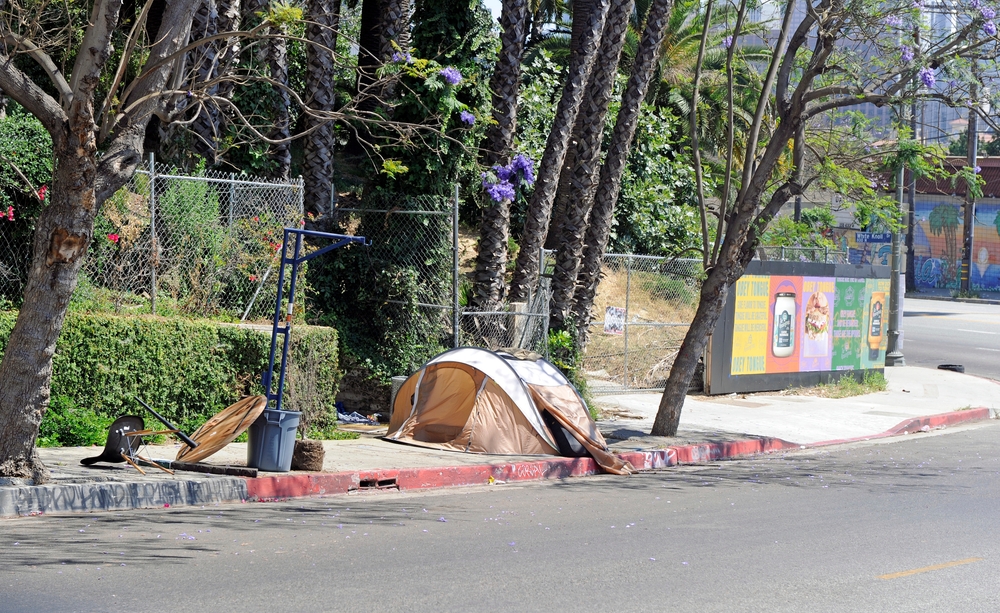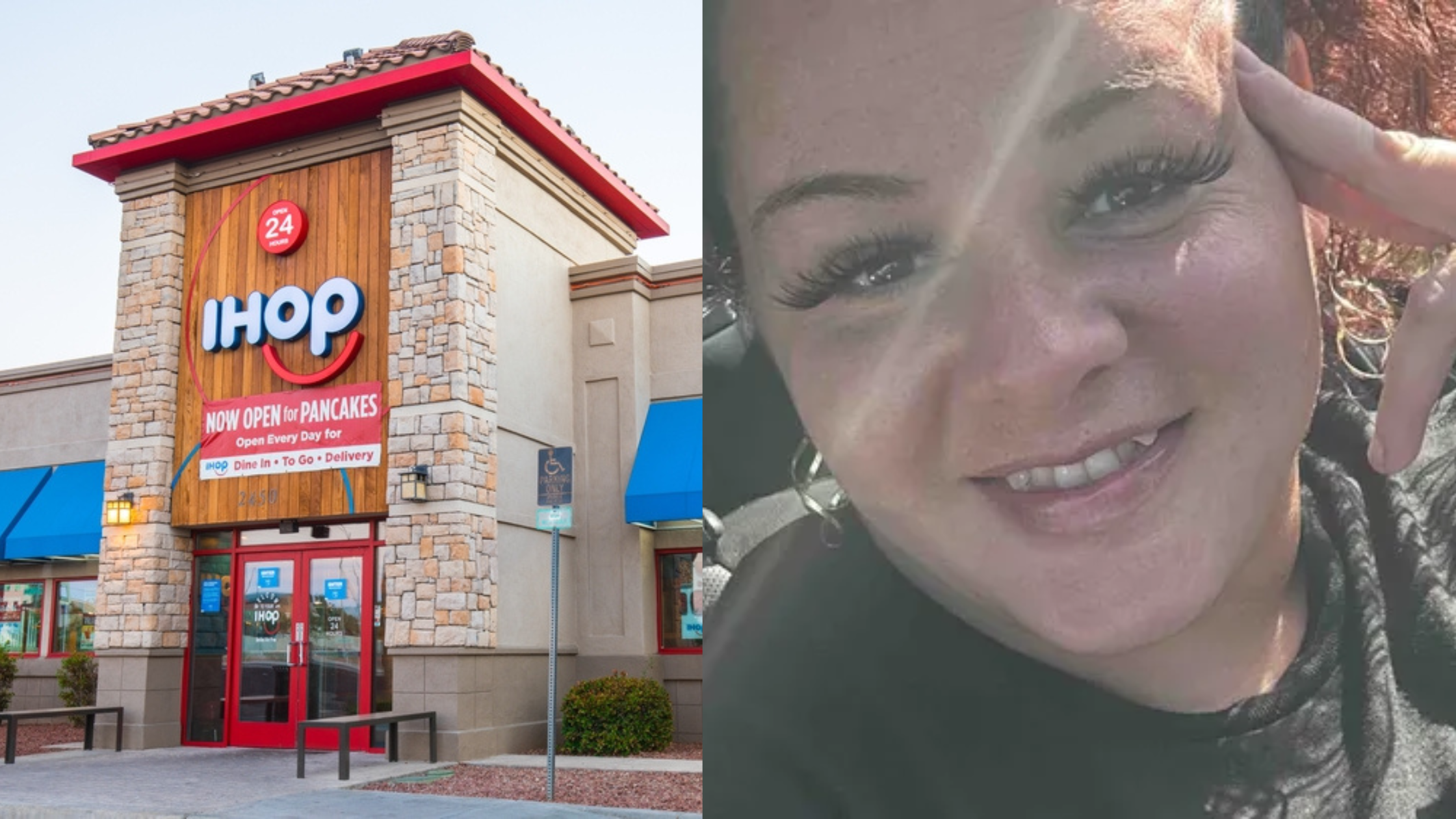When a simple act of kindness backfires, it forces us to examine the fine line between following corporate policies and acting on human compassion. A Florida IHOP worker found herself jobless after she chose to feed a homeless man, a decision that quickly catapulted her into the national spotlight. This incident sparked widespread debate over homelessness, food insecurity, and the ethical responsibilities of corporations. As the situation unfolded, what started as a small gesture of goodwill escalated into a significant societal discussion—a discussion that’s too important to overlook.
The Act of Kindness
Victoria Hughes, a dedicated server at an IHOP in Lakeland, Florida, encountered a homeless man on November 24, 2024, who expressed his hunger. Moved by his plight, Hughes purchased a stack of pancakes and provided him with water, using her own funds. She informed her manager of her actions, anticipating understanding. Instead, she was met with disapproval. The manager expressed concerns that such actions could lead to “a loitering issue” or pose “a safety issue for customers.”
The situation escalated when the man returned later with a family who bought him another meal. Subsequently, after two days, Hughes received a call from her manager informing her of her termination, citing “company policy” as the reason. Despite the abrupt dismissal, Hughes remained steadfast in her conviction. She stated, “I need my job, but I would still do it again. I truly would. I would still help somebody if I could.”
This incident highlights the tension between individual acts of compassion and rigid corporate policies. Studies have shown that kindness in the workplace can boost well-being and reduce stress.
However, when such acts conflict with company rules, employees may face difficult choices, as exemplified by Hughes’ experience.

The Public Backlash
Victoria Hughes’ termination from IHOP for feeding a homeless man ignited a significant public outcry. Many viewed her act as a commendable display of compassion, clashing with the company’s strict adherence to policy. This sentiment was echoed across social media platforms, where users expressed their support for Hughes and criticized IHOP’s decision.
In response to the widespread attention, Hughes initiated a GoFundMe campaign titled “Aid Victoria: Fired for Feeding the Hungry.” In her appeal, she shared, “I have just been recently fired from my job that I’ve worked at since 2013 after I was also publicly humiliated for feeding a homeless man. I would just like a little bit of help to get me through the holiday season.”
The fundraiser resonated with many, quickly surpassing its initial goal. As of December 26, 2024, the campaign has raised over $3,000, reflecting the community’s solidarity with Hughes’ compassionate act. This financial support not only provided her with immediate relief during the holiday season but also underscored the public’s endorsement of empathy over rigid corporate policies.
Response from IHOP
Following the public backlash and media coverage, IHOP’s corporate office took swift action to address the situation involving Victoria Hughes. Dan Enea, CEO of Sunshine Restaurant Partners, the franchisee operating the Lakeland IHOP, stated, “We took immediate action to investigate the situation and have implemented training for our employees on addressing issues relating to food insecurity.”
In addition to the internal review, IHOP offered Hughes reinstatement of her position, along with compensation for the days she missed. They also pledged to make a “healthy” donation to a local charity of her choice. Hughes confirmed this outreach, noting, “He also told me he would make a donation, a healthy donation, to a charity of my choice, that I wanted in my local community.”
Despite the offer, Hughes expressed uncertainty about returning to her former position, stating she needed time to consider her options. She emphasized that her act of kindness was genuine and that she would “still do it again” if presented with the same situation.
This incident prompted IHOP to reevaluate its policies and training programs. Enea mentioned that the company is “dedicated to fostering an inclusive environment that welcomes everyone” and plans to support local communities by addressing food insecurity through partnerships with organizations like Feeding America.

The Broader Issue: Homelessness in America
Victoria Hughes’ experience at IHOP brings to light the pervasive issue of homelessness in the United States, particularly in Florida. As of 2024, Florida’s homeless population has reached approximately 31,000 individuals, marking a significant increase from previous years.
Key Factors Contributing to Homelessness
- Lack of Affordable Housing: The scarcity of affordable housing remains a primary driver of homelessness. Rising housing costs have outpaced wage growth, making it increasingly difficult for low-income individuals and families to secure stable housing.
- Economic Instability: Economic downturns, unemployment, and underemployment contribute significantly to homelessness. Individuals living paycheck to paycheck are particularly vulnerable to losing their housing during financial crises.
- Mental Health and Substance Abuse: Mental illness and substance abuse disorders are prevalent among the homeless population. Without adequate access to healthcare and support services, affected individuals often find themselves without stable housing.
- Domestic Violence: For many women, domestic violence is a leading cause of homelessness, forcing them to flee unsafe environments without secure housing alternatives.
In response to the growing homelessness crisis, Florida has enacted stringent laws aimed at reducing the visibility of homelessness. One such law, effective October 1, 2024, prohibits sleeping in public spaces, including sidewalks, parks, and beaches. While intended to address public safety and order, critics argue that these measures criminalize homelessness without providing adequate solutions or resources for those affected.
A Call for Compassion in Corporate America
The story of Victoria Hughes resonates far beyond her personal experience at IHOP. It shines a spotlight on the larger societal issues of homelessness, corporate responsibility, and the ethical dilemmas faced by employees. Her act of kindness sparked a national conversation, challenging rigid policies that prioritize rules over empathy.
While IHOP’s response to the backlash—offering Hughes her job back and implementing employee training—was a step in the right direction, it also revealed the reactive nature of corporate ethics. True progress lies in proactively fostering environments where compassion is valued as much as compliance.
Hughes’ unwavering commitment to helping someone in need serves as a powerful reminder of the impact of individual actions. Her words, “I need my job, but I would still do it again,” exemplify the moral courage that inspires others to stand up for what they believe is right.
Ultimately, this incident underscores the importance of aligning workplace policies with broader societal values of empathy and humanity. It challenges both individuals and organizations to question: When confronted with a choice between policy and kindness, which should prevail?
Featured image via GoFundMe


